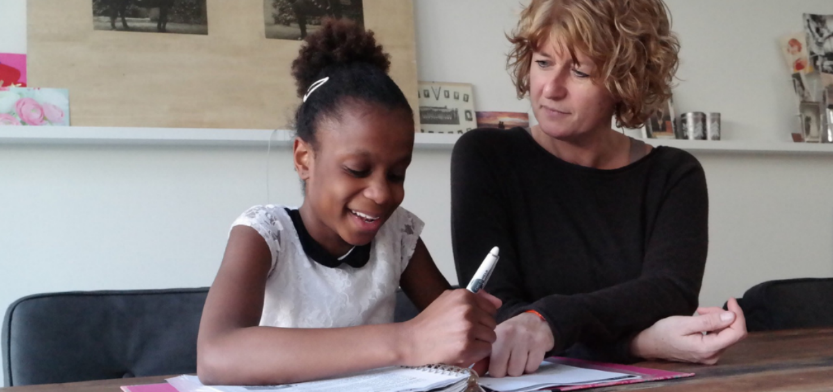
Given that children and young people are developing toward maturation for adulthood, a developmental assessment is a key component.
A developmental assessment is a structured evaluation of the child's development and a comprehensive assessment needs to cover the key domains : physical, social, emotional, moral, and intellectual. Such an assessment (depending on the nature) is likely to involve several members of the multidisciplinary team such as Behavior Analyst, Psychologist, Occupational Therapist, Speech Pathologist and other relevant associates. It will also usually involve seeing the child in different contexts and environments
Understanding different psychological assessment, procedures and tools available can help you understand what areas of a child can be assessed and where help can be offered: Our Clinical Psychologist, Behaviour Analyst, Speech and Language Therapist together with other Associates conduct a variety of different assessments such as:
What is Psychoeducational assessment (Academic Assessment)?
A psychoeducational assessment can identify learning challenges in students of all ages, from young children to adults. Psychoeducational assessment is a detailed assessment of a child's psychological and academic skills. It involves conducting specialized tests and task that assess:

The specific aspects of psycho-educational testing will depend on the presenting problem and additional tests are sometimes required. Some of the tests used are: Wide Range Achievement Test - 5th Edition, Kaufman assessment battery for children, Slosson Diagnostic Screening tool (English and Mathematics) with specific IQ tools etc.
What is Cognitive Assessment (IQ Assessment)?
Cognitive assessments or intelligence tests are used to determine a child's learning capability by identifying their cognitive strengths and weaknesses. When interpreted in combination with comprehensive background information, parent and teachers' interviews, the results of cognitive tests can provide a profile which can assist with the development of individualized intervention and learning plans for children.

Cognitive assessments with children require the administration of standardized psychometric tools by experienced and accredited psychologists. These tools can assess various areas of cognitive capacity, for example:
Verbal Comprehension: the ability to use a range of vocabulary to understand and express general knowledge and explain concepts
Visual Spatial: the ability to evaluate visual details and understand visual spatial relationships
Fluid Reasoning: the ability to use conceptual information from visual details and apply that knowledge
Working Memory: the ability to learn, manipulate and retain information to complete new tasks
Processing Speed: the ability to quickly process and make judgements about visual information.
